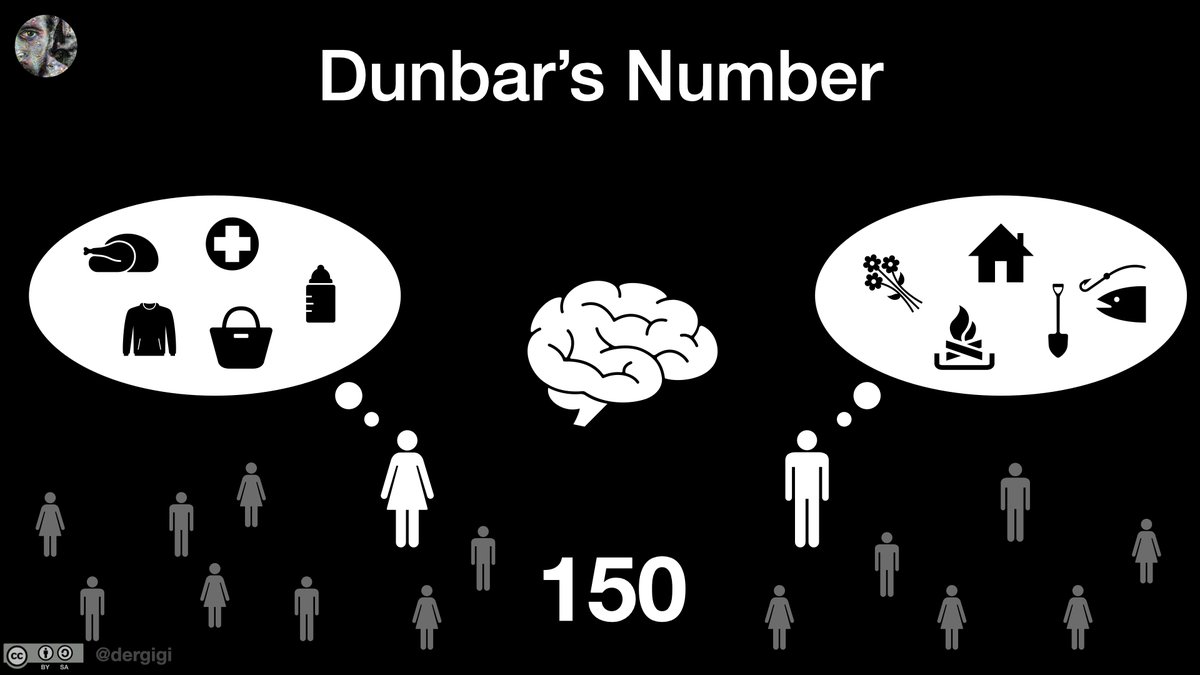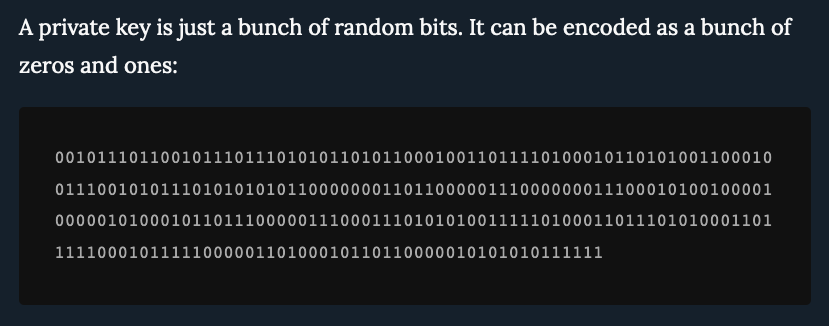
1/ Everyone knows that time is money. In the digital realm, however, money is also intricately related to time. It has to be.
swanbitcoin.com/bitcoin-is-time
swanbitcoin.com/bitcoin-is-time
2/ Among other things, money solves a coordination problem. Trading a single good against others solves the combinatorial explosion of a barter economy. It is a scalability solution that allows coordination across large groups of people. 

3/ The two basic forms of money are ledgers (made of information) and physical tokens (made of atoms). Physical tokens keep track of themselves. Ledgers need someone who is in charge. 

4/ In the informational realm, only ledgers exist. And to make sure that transactions on a ledger are in order, a concept of time is required. In other words: Tokens are timeless, ledgers are not. 

5/ A decentralized system can't rely on our human concept of time. A trustless, non-local time is required. Trustless, because we must not introduce a third party. Non-local because we don't have the luxury of a central frame of reference. 

6/ Bitcoin creates its own sense of time using two essential building blocks: causality and unpredictability. Causal links are settling the past. Unpredictable events are opening the doors to the future. The chain tip is the eternal now. 

7/ Bitcoin uses SHA-256 and digital signatures as its causal building blocks and the ever-changing interactions of its peers, as well as the randomness of PoW as its source of entropy. 

8/ This intricate dance of coordination creates a moment in time that every node can verify for itself. It can trust, with a very high probability, that this is what actually happened in the past. 

9/ The difficulty adjustment makes sure that Bitcoin's time and our time stay in sync. It is the probabilistic metronome that orchestrates the intricate dance of the network. 

10/ By creating a novel definition of time, Satoshi managed to solve an otherwise intractable coordination problem in our relativistic universe: agreeing on the order of things on a global scale. 

11/ I hope you have enjoyed this time-centered view on Bitcoin. The next time someone asks what Bitcoin is, simply answer: "It is time." 

12/ Thanks to everyone who helped with this piece: @Croesus_BTC, @FriarHass, @CitizenBitcoin, @skwp, @joernroeder, @SwanBitcoin - and thanks to all my supporters. I wouldn't be able to do this without you.
13/ "Bitcoin Is Time" is one chapter of my upcoming book, 21 Ways. You can support me and follow along here:
https://twitter.com/dergigi/status/1285485658656649216?s=20
• • •
Missing some Tweet in this thread? You can try to
force a refresh

























